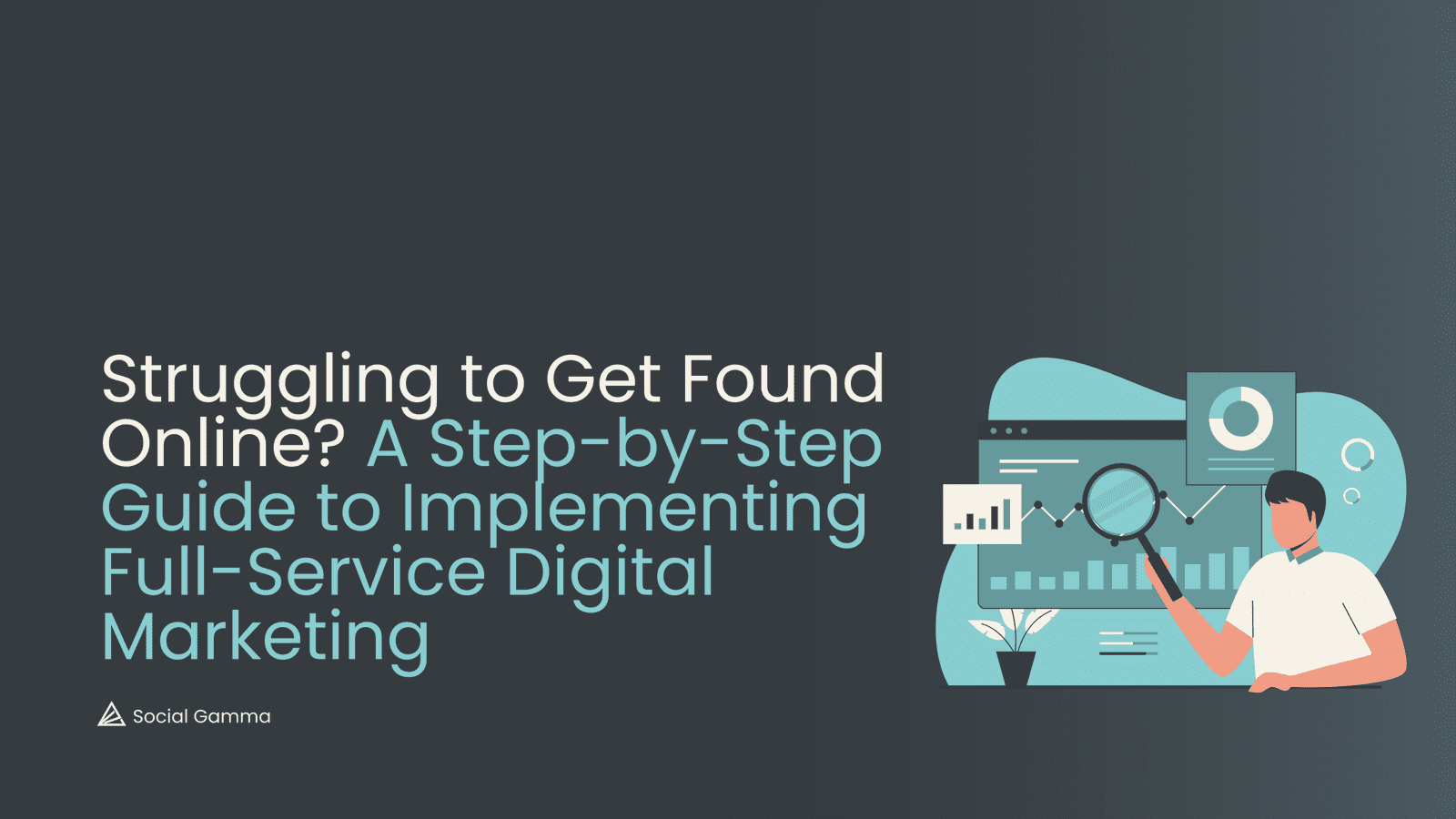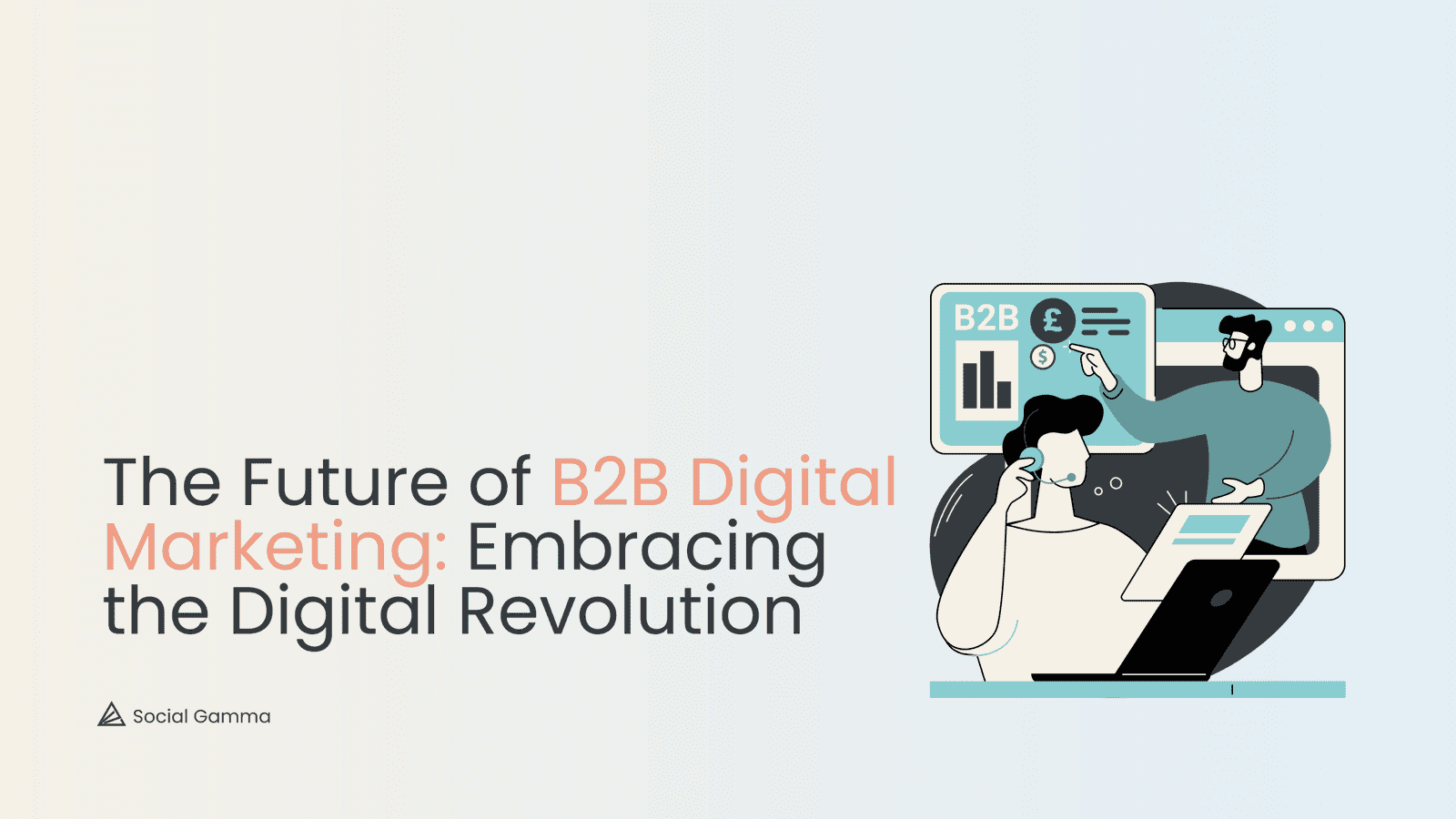We’ve all been there at some point. You’re trawling the internet in search of new shoes, eventually finding a pair worthy of your interest. However, the newly-conditioned human nature of juggling multiple digital platforms drags you back to your social media feed. Before you’ve even been able to conclude your purchase, the shoes reappear on your screen as an advert. You feel shocked – violated-even. “How did it know I was looking at these shoes only 30 seconds ago?”, you wonder to yourself. For better or worse, this is the reality of e-commerce today. As I’m sure you know, vast amounts of our browsing history and behaviour have been tracked and made readily available; controlling the adverts we see online.
The intricacies of the data provided by tracking consumer behaviour have been invaluable to marketers. They allow for personalised adverts to reach the intended segments directly, prompting them to make the purchases they have already been flirting with. Therefore, Apple’s iOS14 update, announced in March 2021, has been a thorn in the side of marketers utilising digital platforms. iOS14 now forces users to select whether they permit their data to be tracked or not when they download an app, instead of needing to manually adjust tracking options in ‘Settings’. The ubiquity of TV shows such as “The Social Dilemma”, has increased apprehension over the monitoring of our online activity, causing a general distrust of social media companies. Thus, the iOS14-induced prompt has decreased the number of users accepting the tracking of their behaviour – damaging the personalisation of personalised adverts.
Users that opt out of the prompt, are no longer trackable by pixels – the coding responsible for tracking behaviour. Pixels give precise behavioural data, such as when a user visits a website, or places an item in their basket but doesn’t purchase. This means any businesses reliant on Facebook advertisements are newly devoid of the vital consumer insights that help them reach their most profitable consumers. Many pixel-dependant campaigns have been the predominant causality of iOS14 and marketers are struggling to optimise adverts since the update came into effect in the previous months. As 98% of Facebook users access the platform on mobile phones (Statista, 2021), the efficacy of pixel-dependant campaigns is under threat.
With the abundance of businesses utilising Facebook’s platforms, the tech giant found itself between a rock and a hard place. Compliance with iOS14 is to the detriment of the business using Facebook ads, whereas a rejection of the update risks harsher consequences on the business they have a duty to protect. Facebook responded by agreeing to the prompts while conceding that users who do not give permission to be tracked will experience fewer relevant ads. Facebook did launch an educational screen running prior to the iOS14 prompt, encouraging users to give permission – citing tracking as a means of receiving personalised adverts, helping keep Facebook’s apps free of charge, and supporting smaller businesses. However, the effects of iOS14 on marketers must be underlined. It has created a fresh barrier to bringing consumers relevant products. The remainder of this article will provide you with methods to mitigate the update and reinstate the power of your pixel-dependant campaigns.
#1: Domain Verification
The first step to combat is domain verification through Facebook. All businesses should have a verified website domain as a best practice for adapting to the iOS14 privacy changes. This is especially pertinent for domains with pixels used by multiple business or personal advert accounts. Accounts accepting of pixel tracking will only be subject to eight pixels, whereas before iOSS14, there was no limit on the number of pixels in operation. Domain verification allows you to configure pixel conversion events when Aggregated Event Measurement becomes available. This will ensure that the data output of the pixels is delivered accurately to Facebook.
Verifying your domain requires you to demonstrate that you’re connected to your business. You can do this by logging into Facebook Business Manager and clicking on ‘Business Settings’. Here you will select the ‘Brand Safety’ tab on the left-hand navigation list, before adding your domain in the pop-up’s entry bar. Next, choose the desired verification method and confirm your ownership by following the steps provided. For more in-depth information, visit Facebook’s detailed instructions.
#2: Pixel Prioritisation
For the users who are accepting of data tracking, a fresh approach is required. With your number of pixels now reduced to a capacity of eight, they must be organised accordingly to optimise the limited room for insight. By default, Facebook will select the eight events believed to be of the highest priority for you. But of course, you may not agree with their judgement – meaning it’s time to take control of your pixels. Fortunately, you have the option to manually prioritise your events by deciding which eight are the most valuable and deserving of pixels.
To edit Facebook’s selections or reorder them, open ‘Ads Manager’ followed by ‘Events Manager’. Next, select the relevant pixel and open the ‘Aggregate Event Measurement’ tab where you can select ‘Configure Web Events’. Here you can select the domain and click ‘Edit Events’. Now you have reached the stage where you can prioritise the most important events for a pixel, as when a user completes multiple events on a website, only the higher-priority event’s tracking is recorded. For each pixel you can pick a different order of importance; maximising the data you receive from them to make the best of a bad situation.
#3: Customer Relationship Management
Tracking browsing behaviour has simplified the lives of marketers, as specified and precise insights are generated on autopilot. These new methods of leveraging data have allowed us to make intelligent and informed business decisions. However, before the inundation of cookies and pixels, there were in fact methods of consumer data collection. iOS14 provides the opportunity to revert to ‘basics’ and gather information in an old-school manner. To decrease the harmfulness of iOS14, invest in your website, your email marketing strategy, the data you gather during your sign-up processes, and crucially, your Customer Relationship Management. CRM processes were considered a 1990’s phenomenon, but in the diminishing prominence of pixel-based tracking on Facebook ads, CRM is due a rebirth.
CRM comprises all the data gathered from your clients throughout their interactions with your business. From the first time they read your blog post, to when they signed up for your newsletter, to any phone recordings of sales calls – CRM stores it all in one central location. CRM is essential for small to medium-sized businesses, helping you collect, sort and filter your client information. Good CRM providers such as HubSpot’s Marketing Hub and Salesforce Marketing Cloud will independently monitor precise customer behaviour from the moment they sign-up. The best part about outsourced CRM is that the data doesn’t belong to Facebook, Apple, or Google – it’s your property. Once you have this data, you will be able to make the informed business decisions that you became accustomed to under Facebook’s pixels.
#4: Third-Party Tracking
By default, the data provided by Facebook for your ad campaigns remains inclusive of both Apple and Android users. Therefore, the data will be skewed and incomplete as a result of inconsistent tracking of Apple users. You can however specify the mobile devices that you track and switch to receiving data from Android devices only. This is vital for businesses that predominantly target desktop and Android, although this does not represent the majority. To begin receiving data from Apple users without having limited tracking visibility, a third-party tracking service such as Google Analytics is your best friend. The data reported on your Facebook Adverts account may no longer be truly representative of your campaign’s performance. To gain a stronger understanding of your sales, the leads you generate, and user behaviour on your website, a third-party tracking provider is necessary. This may take some time for adaptation before gaining a comprehensive understanding – especially if Facebook Ads was your sole stream of analytical data – but becoming Google Analytics-savvy will be a lot less painful than losing customers and sales.
Despite the negative implications of iOS14, Facebook ads remain one of the most effective mediums to advertise. If you’d like to learn more about how we can help you optimise Facebook ads, please don’t hesitate to get in touch at hello@socialgamma.com.

